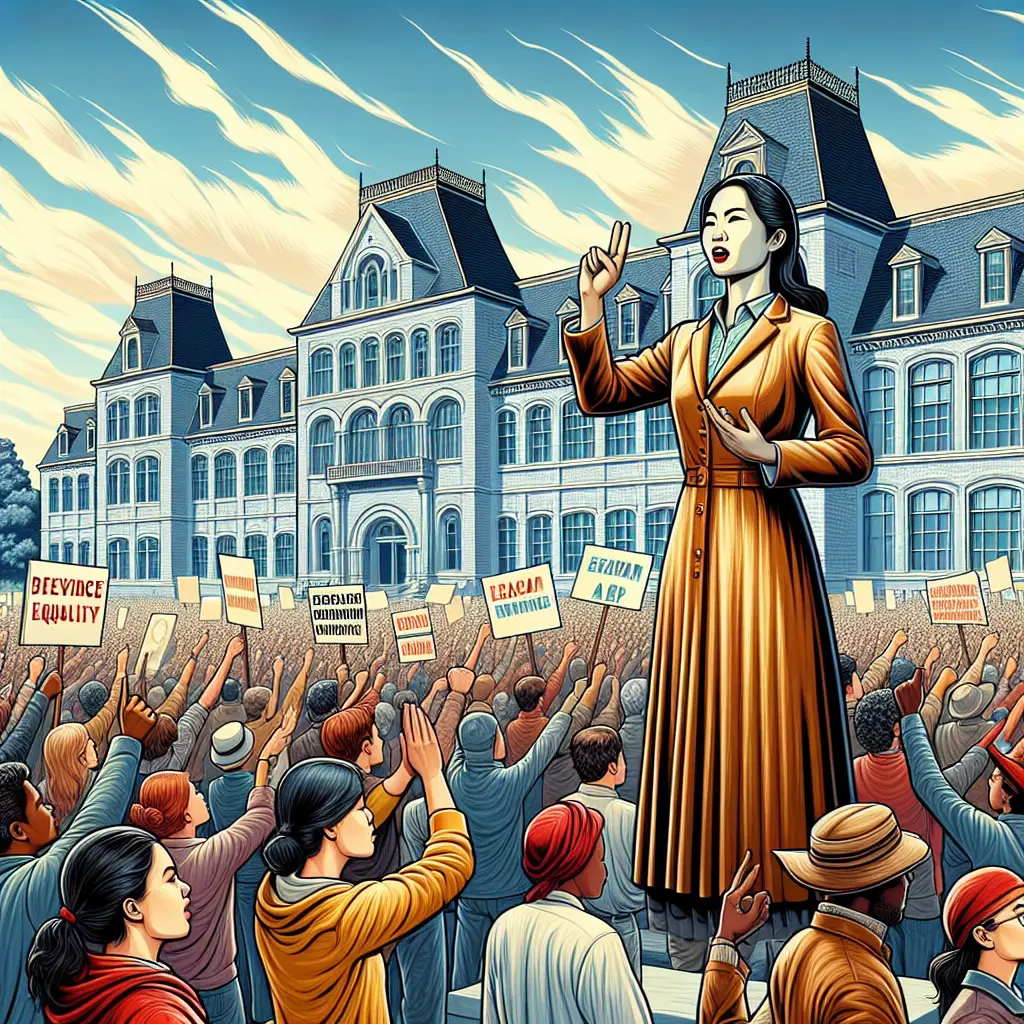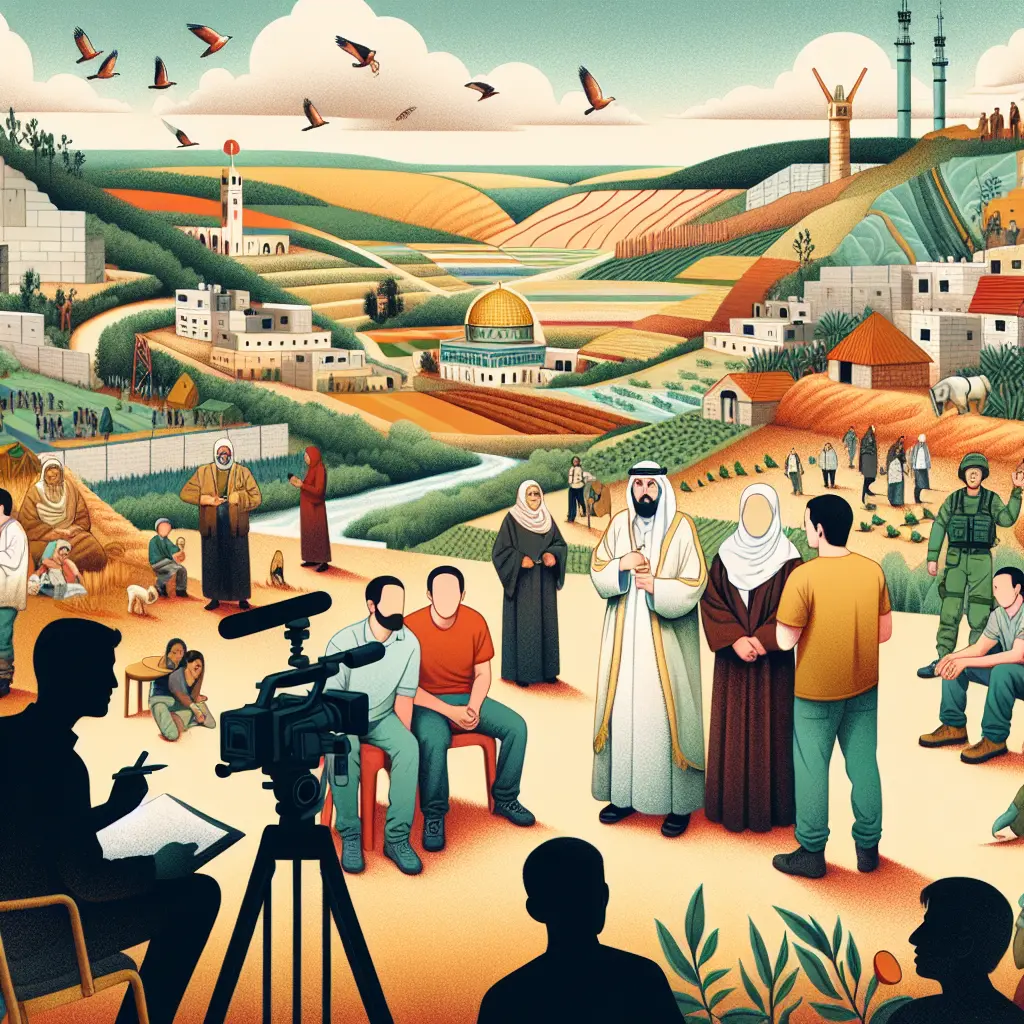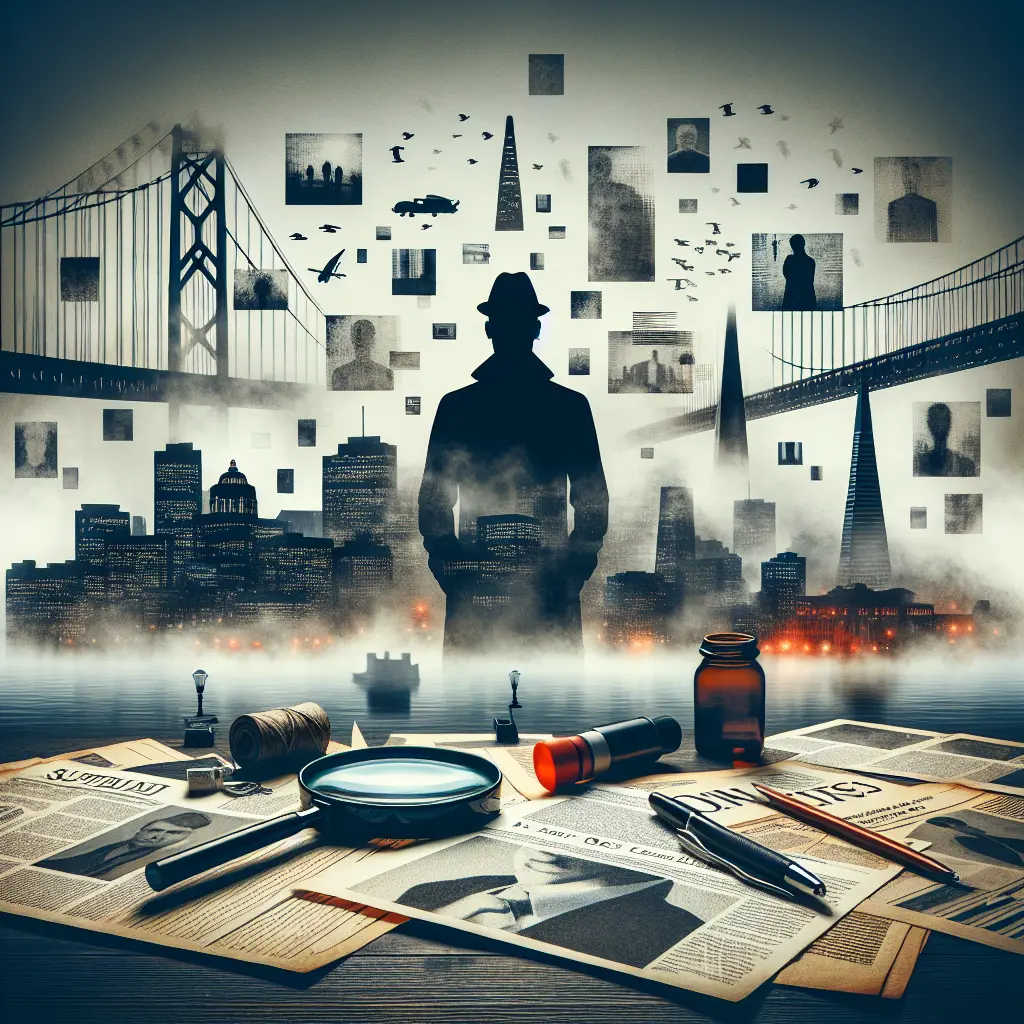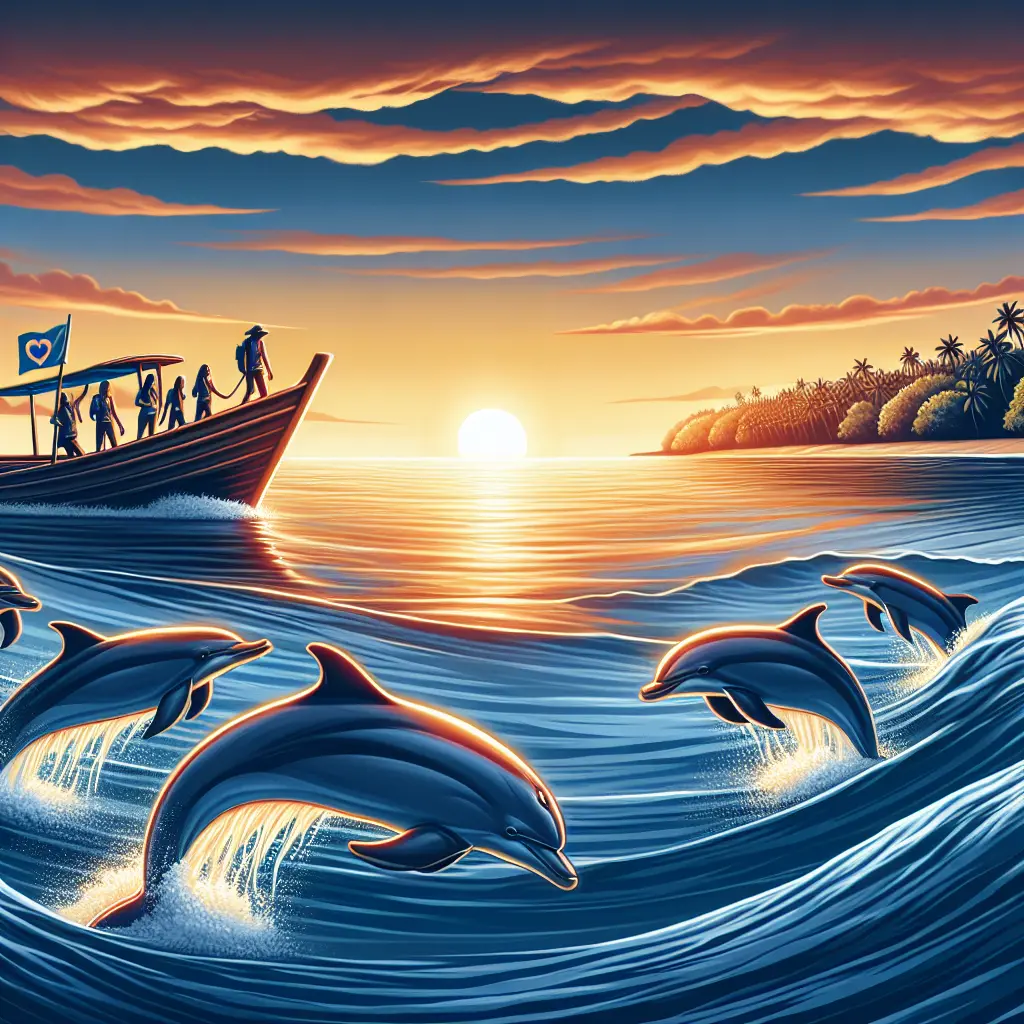Some documentaries do more than just recount history—they spark real-world change and inspire audiences to see the world anew. Among these, Deaf President Now! stands out as an outstanding example, capturing a pivotal movement that reshaped rights for the Deaf community.
When it comes to documentaries that have truly left a mark, Deaf President Now! tells the remarkable story of a revolutionary moment at Gallaudet University in 1988—a movement that empowered deaf individuals not just in Washington, DC, but worldwide.
A Movement that Made History
Gallaudet University is more than just an educational institution; it serves as a cornerstone of the Deaf community. In 1988, it became the epicenter of a powerful movement known as "Deaf President Now." For the first time, students and faculty rallied together to demand university leadership by someone from their own community—a deaf president who truly understood their experiences and needs.
The protest was much more than a question of who would sit in the president’s office. It centered on representation and self-determination for the Deaf community, challenging systemic barriers in education and leadership, and fostering pride and unity among Deaf individuals across the globe.
A Documentary with Urgency and Heart
What makes Deaf President Now! such an important documentary is its ability to capture both the urgency and joy of this historic moment. The film immerses viewers in the passion, determination, and hope that fueled the movement. Through interviews, archival footage, and first-hand accounts, it weaves a compelling and deeply moving narrative.
How Documentaries Drive Social Change
Why This Documentary Matters
Documentaries like Deaf President Now! change the world because they illuminate stories that are often overlooked or misunderstood, show how collective action can dismantle barriers, and inspire current and future generations to pursue justice and equity. This film is not just a chronicle of past events—it’s a call to continue advocating for inclusion and equality everywhere.
While Deaf President Now! is a standout example, it is part of a powerful lineage of documentaries that have shaped public consciousness and policy. Films such as An Inconvenient Truth, Blackfish, and The Thin Blue Line have all had tangible impacts on society, proving the power of storytelling to move hearts and minds.
If you are seeking a documentary that both informs and uplifts—one that demonstrates the power of community to make history—Deaf President Now! is essential viewing. Its story exemplifies resilience, unity, and undeniable progress. Documentaries like this do not simply recount history; they help write its next chapter.
For those interested in learning more, you can read a detailed review of Deaf President Now! here.
Continuing the Legacy of Change
The impact of documentaries reaches far beyond the screen. They have the potential to open minds, ignite movements, and champion social change—reminding us all of our capacity to shape history together.
By watching and supporting documentaries that highlight powerful stories like Deaf President Now!, we actively participate in a culture of awareness and advocacy for positive change.
Let’s continue to watch, learn, and champion stories that inspire us to create a better world for everyone.
Documentaries don’t just document the past—they inspire us to shape the future through understanding, empathy, and action.
Until next time, let’s keep seeking out stories that move us forward.







Leave a Comment